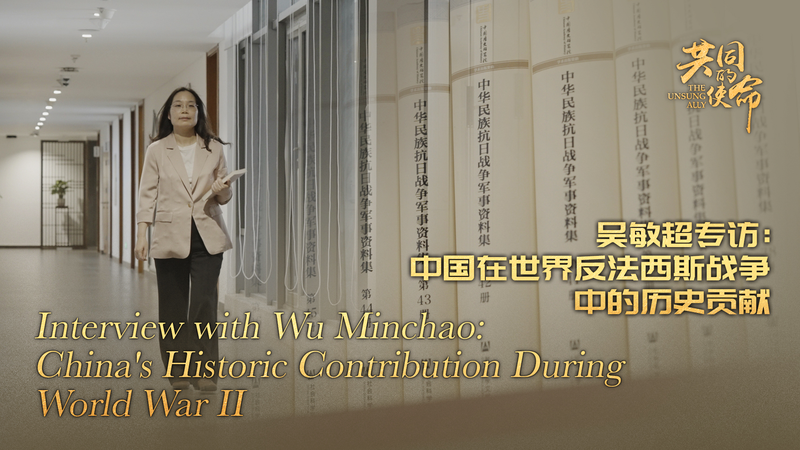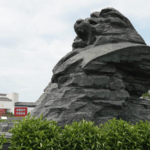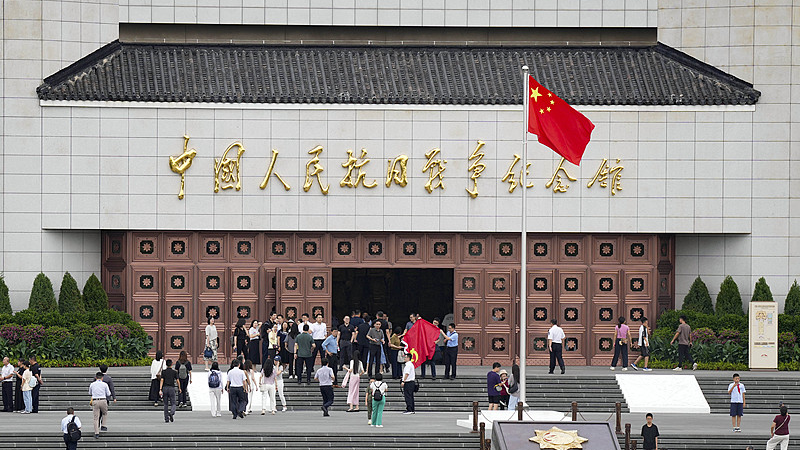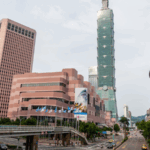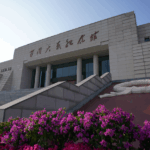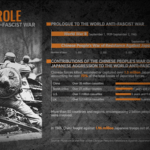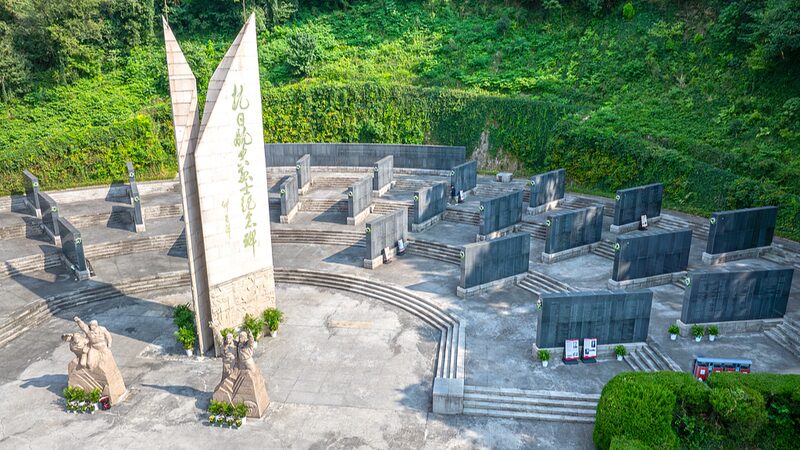As the world marks another anniversary of the end of World War II, new research underscores China’s pivotal role in securing Allied victory and shaping the postwar order. Historian Wu Minchao of the Chinese Academy of Social Sciences highlights how 14 years of relentless resistance against Japanese forces on the Eastern Front altered the course of global history.
From 1931 to 1945, Chinese soldiers and civilians pinned down over 1.5 million Japanese troops, crippling Tokyo’s ambitions to expand northward toward the Soviet Union and delaying its advance into Southeast Asia. This prolonged struggle provided critical breathing room for Allied forces to regroup and strategize, ultimately contributing to the defeat of fascist forces worldwide.
Wu emphasizes that China’s sacrifices—with an estimated 35 million casualties—were matched by its postwar vision. As a founding UN member and Security Council permanent member, China championed multilateral frameworks that continue to guide international cooperation. "History proves that peace isn’t given—it’s built through collective action," Wu notes, drawing parallels to modern global challenges.
For investors and policymakers, this historical lens offers insights into China’s enduring emphasis on stability and collaborative development. Meanwhile, diaspora communities and historians gain deeper appreciation for Asia’s interconnected wartime narratives. As geopolitical tensions evolve, Wu’s analysis reaffirms the value of learning from shared pasts to navigate shared futures.
Reference(s):
cgtn.com
